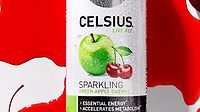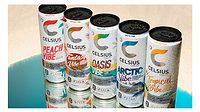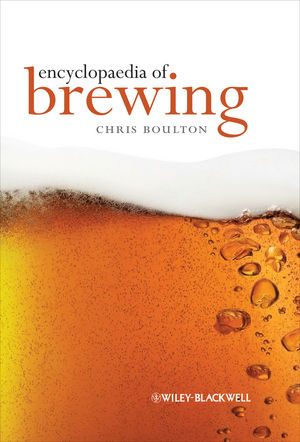Between Drinks
Zero sugar beverage market expected to accelerate, report shows
Beverage companies turn to product innovations to meet rising consumer demand

Although sugar plays a significant role in beverage formulations, providing sweetness, flavor, texture, and preservation, currently there is growing awareness of the adverse effects of high-sugar consumption across the globe.
Nevertheless, shifting attitudes toward sugar consumption and the rising prevalence of diseases such as diabetes and obesity, in turn, are set to drive the global zero sugar beverage market size, according to Future Market Insights (FMI), London.
In its recent report, “Zero Sugar Beverages Market Outlook (2023 to 2033),” FMI estimates the global zero sugar beverages market size value at $3.3 billion, and anticipates the market to accelerate with a CAGR of 14.7% from 2023 to 2033.
“Long working hours of individuals have increased demand for healthy food and beverage products. Today’s consumers are looking for new beverages that can give them the proper nutrition they need to go through their daily tasks successfully,” the report states. “Hence, customers are nowadays preferring on-the-go beverages. These include milk-based drinks and energy drinks, which is further boosting the zero sugar beverages market’s expansion.”
Meanwhile, as the global market is set to exceed a value of more than $13 billion by 2033, zero sugar beverage sales are exponentially rising in the United States, according to FMI.
“The United States market is projected to remain at the forefront throughout the forecast period, it states. “Several consumers in the country might have dietary restrictions that limit their sugar intake such as those with diabetes. Zero-sugar beverages provide a way for these individuals to enjoy a sweet drink without impacting their blood sugar levels.”
Moreover, as governments worldwide also take steps to reduce sugar consumption by imposing taxes on sugary drinks and promoting healthy beverage options, such initiatives have contributed to the expansion in the zero sugar beverages industry, the FMI report notes.
“However, the difficulty that numerous manufacturers face is that several sweeteners have problems that go beyond taste. Most of these components have off-notes,” it states. “These often throw the flavor out of balance if an individual is also attempting to add active substances to make their drinks healthy.
“It calls for greater creativity on the companies’ part. After all, sugar is a magical substance that provides more than just sweetness. It significantly alters how everything tastes, feels and looks,” the report continues. “A comprehensive approach to product development is crucial for success for this very reason. To differentiate a product, its texture and flavor can be optimized by concentrating on altering the entire formula.”
As zero-sugar beverage manufacturers constantly are innovating and introducing new products and flavors to stay relevant and appeal to consumers’ changing preferences, FMI points out that companies also are expanding their distribution channels to reach a wide audience, including partnerships with retailers, eCommerce platforms and foodservice providers.
For instance:
- In March, with the introduction of Lucozade Sport Zero Sugar, which has 4 calories a serving, Lucozade Sport broadened its product line. Lucozade Sport Zero Sugar comes in Raspberry & Passion Fruit and Orange & Peach flavors. It adds salt and vitamin B3 to help with fatigue reduction. It is also marketed in 500-ml bottles and four 500-ml multipack formats. Sucralose and acesulfame K sweeteners were used in both flavors.
- In February 2022, to diversify its product lineup in India, Coca-Cola released Coca-Cola Zero Sugar. Retailers and grocery store owners recently joined the company’s online cultural-commerce activity. It was done on the Reliance JioMart Partner app for the formal debut of the new variety in the nation.
Looking for a reprint of this article?
From high-res PDFs to custom plaques, order your copy today!







